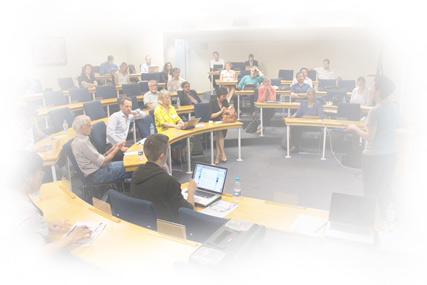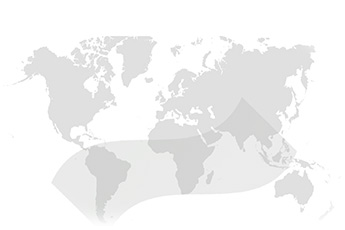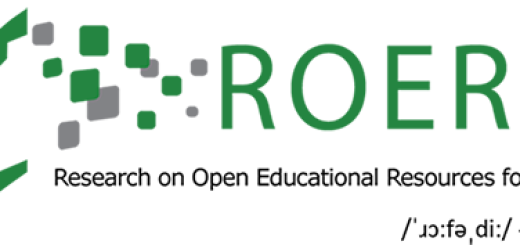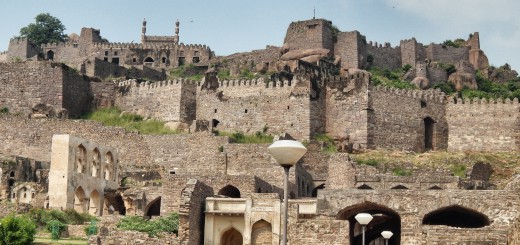Cape Town. Photo made available by Hilton Teper under a CC BY-SA 3.0 unported licence.
Sukaina Walji, ROER4D Communications Advisor spoke to Dr Glenda Cox, Program Chair of the Open Education Global Conference 2017 about the aims of the forthcoming conference. The conference serves as an opportunity for ROER4D researchers to present their findings.
I spoke to Centre for Innovation in Learning & Teaching (CILT) at the University of Cape Town, the host institution. Program Committee members include A/Prof Laura Czerniewicz, A/Prof Cheryl Hodgkinson-Williams, Tess Cartmill and Cindy Gilbert and they will be working with Glenda together with the Open Education Consortium’s management led by Mary Lou Forward, Igor Lesko and Marcela Morales
OE Global is being held in Africa for the first time and with a theme of ‘Open for Participation’, I asked Glenda what audiences she hoped the conference would appeal to. As well as those within the open education community and those who regularly attend the conference, Glenda hopes that the conference’s theme, location and format will attract new audiences to the open movement and open project or indeed include those who are working in open but are unfamiliar with the community that has traditionally coalesced around OE Global, and based on institutions that are members of the Open Education Consortium.
While the focus of the conference has been traditionally been Higher Education and the suggested themes and presentations will certainly include this focus, the program committee is excited about the prospect of hearing from practitioners through presentations of faculty sharing OER, of community created OER, and of teacher adoption of OER in schools. The programme will also include research of OER adoption and impact particularly in the Global South, presentations about open research, MOOCs, open data, open access, open source software and open science, and the committee hopes this conference will be attractive, relevant and useful to people who perhaps are working in many different open contexts, in a wide range of geo-political contexts and in particular disciplinary communities. There’s a real benefit to having multiple perspectives of open in one gathering to provoke and question and to counteract the sometimes inevitable ‘echo-chamber’ of similar voices.
Mindful of newcomers to open and to the conference, an introductory workshop to the various open movements and openness will be offered as a pre-conference workshop. This will be aimed particularly at teachers but also others new to the open community. The presentation formats themselves have also been “opened up” with action labs and flipped presentations added to the more traditional options of paper and poster presentations. Presenters also have a Open Praxis.
10th Anniversary of the Cape Town Open Declaration
Glenda is particularly excited about one of the planned events: the 10th anniversary celebration of the Cape Town Open Education Declaration. Ten years on, these words framing the declaration are particularly poignant:
“Open education is a living idea. As the movement grows, this idea will continue to evolve. There will be other visions initiatives and declarations beyond Cape Town. This is exactly the point. The Cape Town signatories have committed to developing further strategies, especially around open technology and teaching practices.”
Many of the individuals that were part of the Cape Town Open Declaration in 2007 will be attending, and some of the original signatories will be on hand to reflect on that momentous event, taking the opportunity to revisit open education and look ahead at what the future might hold. Supported by The Open Society Foundations, The Shuttleworth Foundation, the Mozilla Foundation and the William and Flora Hewlett Foundation, this will be an event not to be missed.
Call for Abstracts
Glenda says that this is the first time the organising committee haven’t had structured strict themes for the call for Abstracts as they want to encourage more seasoned researchers to experiment with what they would like to talk about, while those new to OE Global can use the guidelines to develop a presentation. The committee will develop streams and themes once the Abstracts are in.The deadline for Abstracts is 17 October.
Dates to remember
Deadline for Abstracts: 17 October
Registration is open.
Deadline for Open Education Award nominations: 18 December 2016





